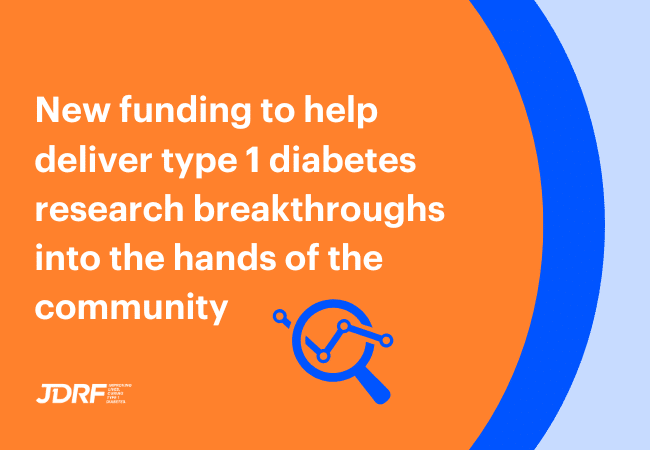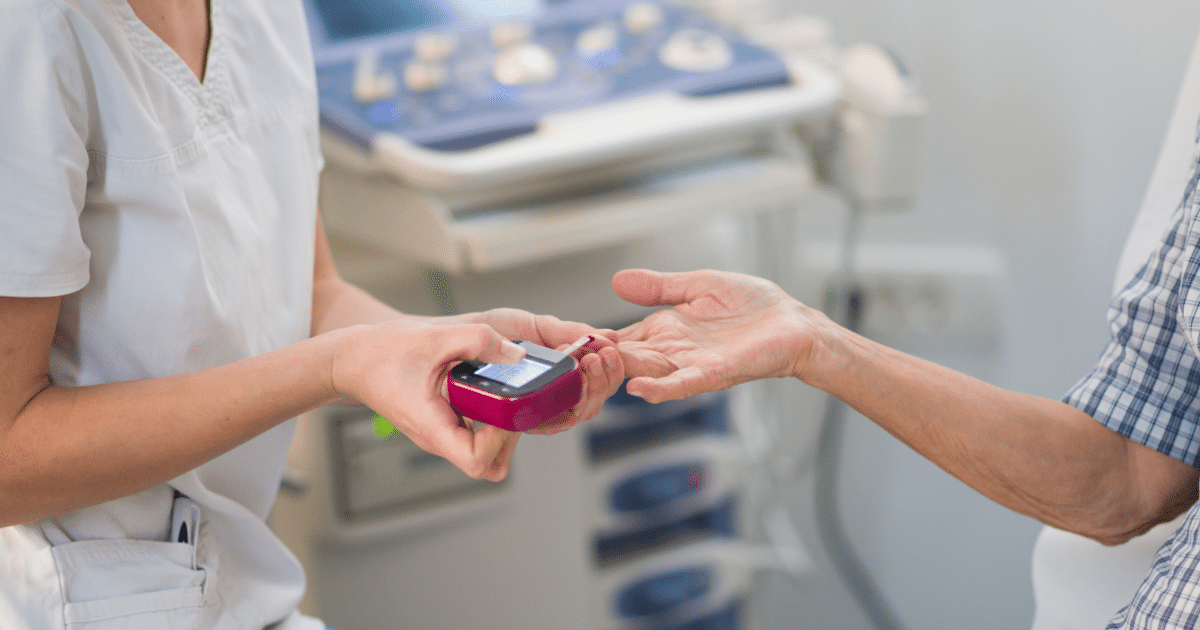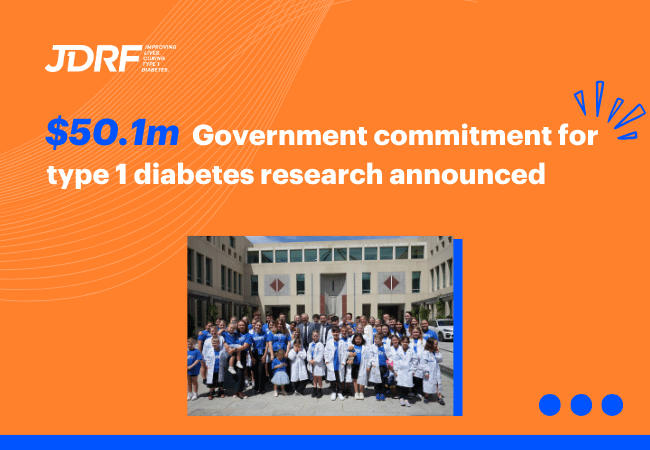New funding to help deliver type 1 diabetes research breakthroughs to the community
In the fight against T1D, funding research alone is not enough. For breakthroughs to reach people living with T1D, concerted and strategic effort is needed so that research discoveries are moved to the next stages of development.
This is why JDRF is committed to not only funding research projects but also driving them forward through the various stages of what is known as the “research pipeline”.
JDRF is proud to announce that almost $1 million has been committed to six T1D innovations to help them reach the commercialisation stage of their development.

The research pipeline: Research breakthroughs need to be moved through several stages of development so they can reach the hands of the community. JDRF works at each stage to accelerate this journey, helping T1D innovations reach the community faster.
What is the commercialisation stage of research, and why is it needed?
Commercialisation is the critical stage of research development that transforms promising research into products that can enter the market so they can be used by clinicians and the community. In this stage, scientific discoveries are developed beyond the lab, so they can meet regulatory standards, attract investment, and ultimately succeed in the competitive healthcare marketplace. Without a strong commercialisation strategy, even the most groundbreaking research can remain “trapped” in the lab, unable to benefit those people it was designed to help.
SPARC: JDRF’s latest boost for T1D research
Under our new Strategic Program for Advancing Research Commercialisation (SPARC), JDRF has announced funding for six high-impact T1D projects to improve T1D diagnosis, prevention, treatment, and management.
The SPARC program strategically builds long-term capacity by providing commercialisation training for researchers, bespoke mentorship to address the unique challenges of each project and to bridge the gaps between the early stages of research and commercial readiness.
Through SPARC, we aim to:
- Support high-potential projects to improve T1D outcomes.
- Foster multidisciplinary collaboration and engagement among research teams, funding bodies, investors, industry partners, and the T1D community
- Provide funding and tailored mentorship, guiding high-potential projects to progress to commercial viability.
Partnering with Cicada Innovations to catalyse success
The SPARC program has been developed in collaboration with Cicada Innovations, Australia’s leading incubator for science and engineering-led startups. Cicada’s deep tech expertise ensures that each of the six funded T1D projects can navigate the path from lab to market.
Through this partnership, JDRF is connecting T1D researchers with commercialisation experts, providing the tailored resources and strategic guidance essential for transforming promising research into viable market solutions.
About the six successful projects
Through the SPARC program, JDRF is supporting the following projects in their progress towards improving T1D care.
Early detection and diagnosis of T1D
- A/Professor Stuart Mannering, St Vincent’s Institute of Medical Research
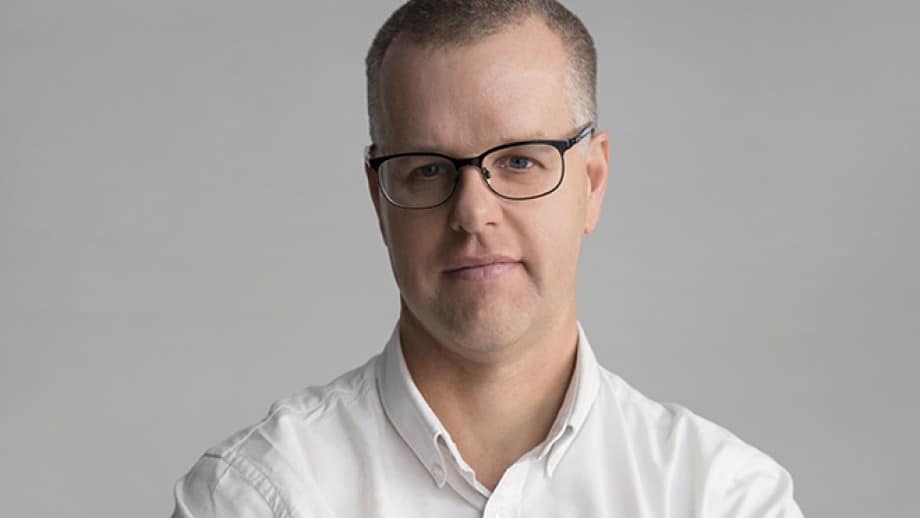
A/Professor Mannering’s project is developing a clinical test for people who are at risk or in the early stages of T1D. This test focuses on measuring the activity of one of the body’s key immune cells – T cells. Particularly, the T cells that are responsible for the autoimmune attack on the pancreas which occurs in T1D. This test has been long-sought after by clinicians and people with T1D. It will be invaluable in clinical trials seeking to halt the immune system from attacking the pancreas and to improve the diagnosis of T1D. We thank Breakthrough T1D for their support of this project.
Altering the immune system to delay and prevent T1D
- Dr Blake Cochran, UNSW

Dr Cochran and his team have developed part of a protein – called a peptide – which in preclinical trials was shown to delay T1D progression and importantly, regenerate beta cells which are damaged as T1D progresses. JDRF’s funding will support work on improving how this peptide is delivered to beta cells to increase its beneficial effects. This work will pave the way for future clinical trials.
- Professor Josephine Forbes, Mater Research – The University of Queensland
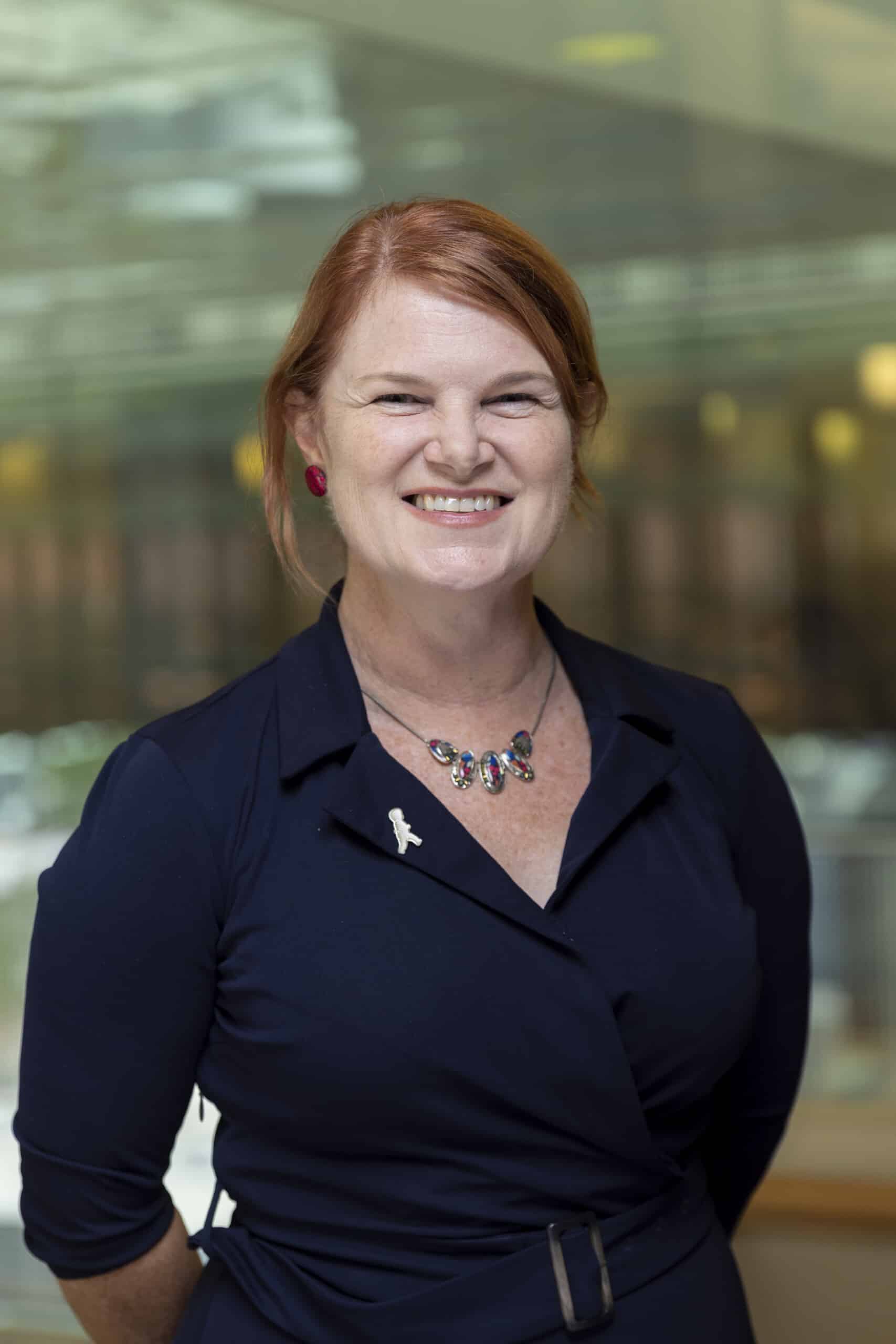
For many years and with the support of JDRF, Professor Forbes and her team have been investigating a therapy which has the potential to treat and prevent T1D. This therapy focuses on the immune system attack of beta cells seen in T1D. Now the research has progressed to the phase where the team is investigating ways in which this therapy could be delivered into the body, through non-invasive methods. If successful, this would pave the way for future clinical trials of this therapy.
JDRF has also recently supported Dr Irina Buckle, who is part of Professor Forbes’ team working on this exciting project.
- Dr Eliana Mariño, ImmunoBiota Therapeutics
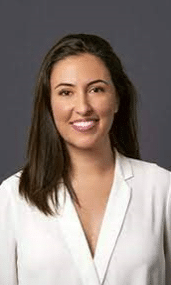
Dr Mariño’s speciality is in understanding the role of diet and organisms in our body (microbiota) on the immune system and autoimmune conditions such as T1D. Funding from SPARC will support Dr Mariño’s research on a new therapy called IBT-100. This is an oral therapy which has the potential to halt the progress of T1D. JDRF’s funding will aid in ensuring that essential regulatory and manufacturing stages of the therapy can commence.
Therapies targeting glucose regulation and insulin management
- Professor Michael Cowley, Monash University
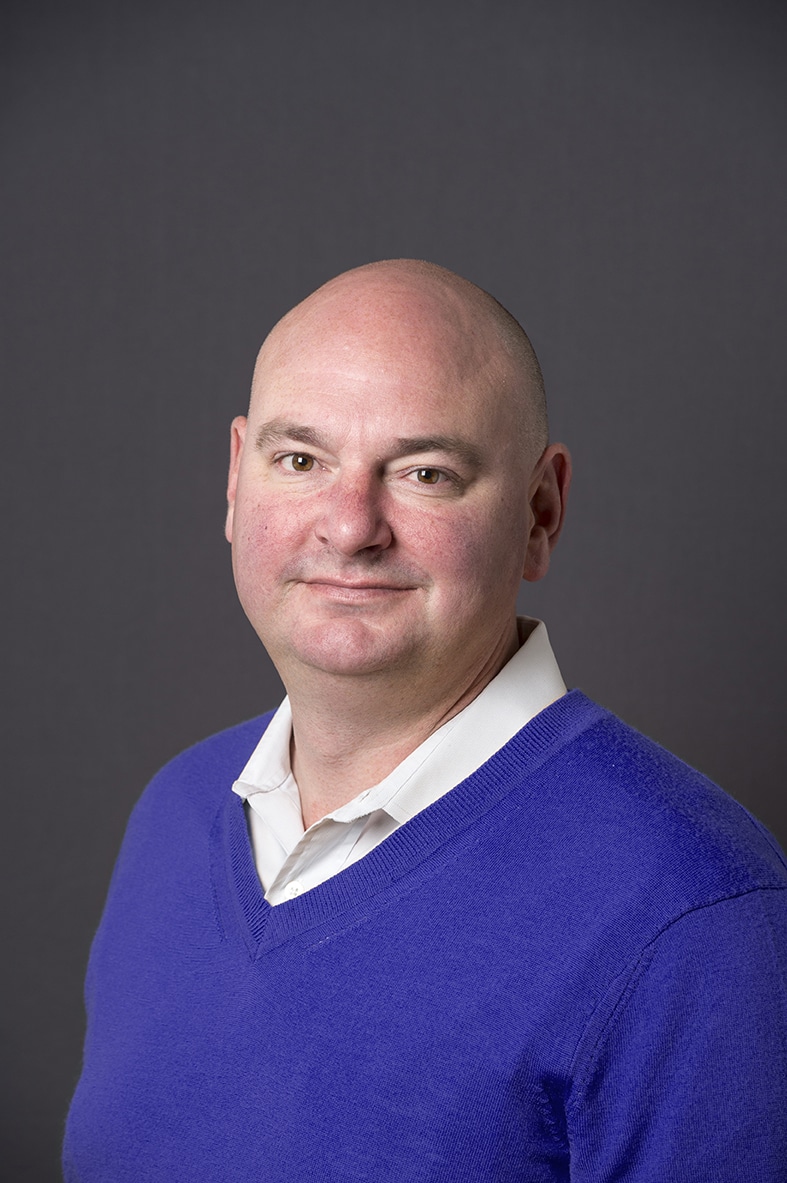
Professor Michael Cowley and his team are investigating a new drug that can improve blood glucose levels in T1D without the risk of these becoming dangerously low (hypoglycaemia). The team has discovered a new way through which glucose in the blood can be lowered without the use of insulin and they have subsequently developed a drug to facilitate this process. In preclinical models of T1D, use of this drug reduced the amount of insulin needed. JDRF Australia’s investment will help to further test this drug as well as take the next step in commercialising this technology.
- Professor Christoph Hagemeyer, Monash University
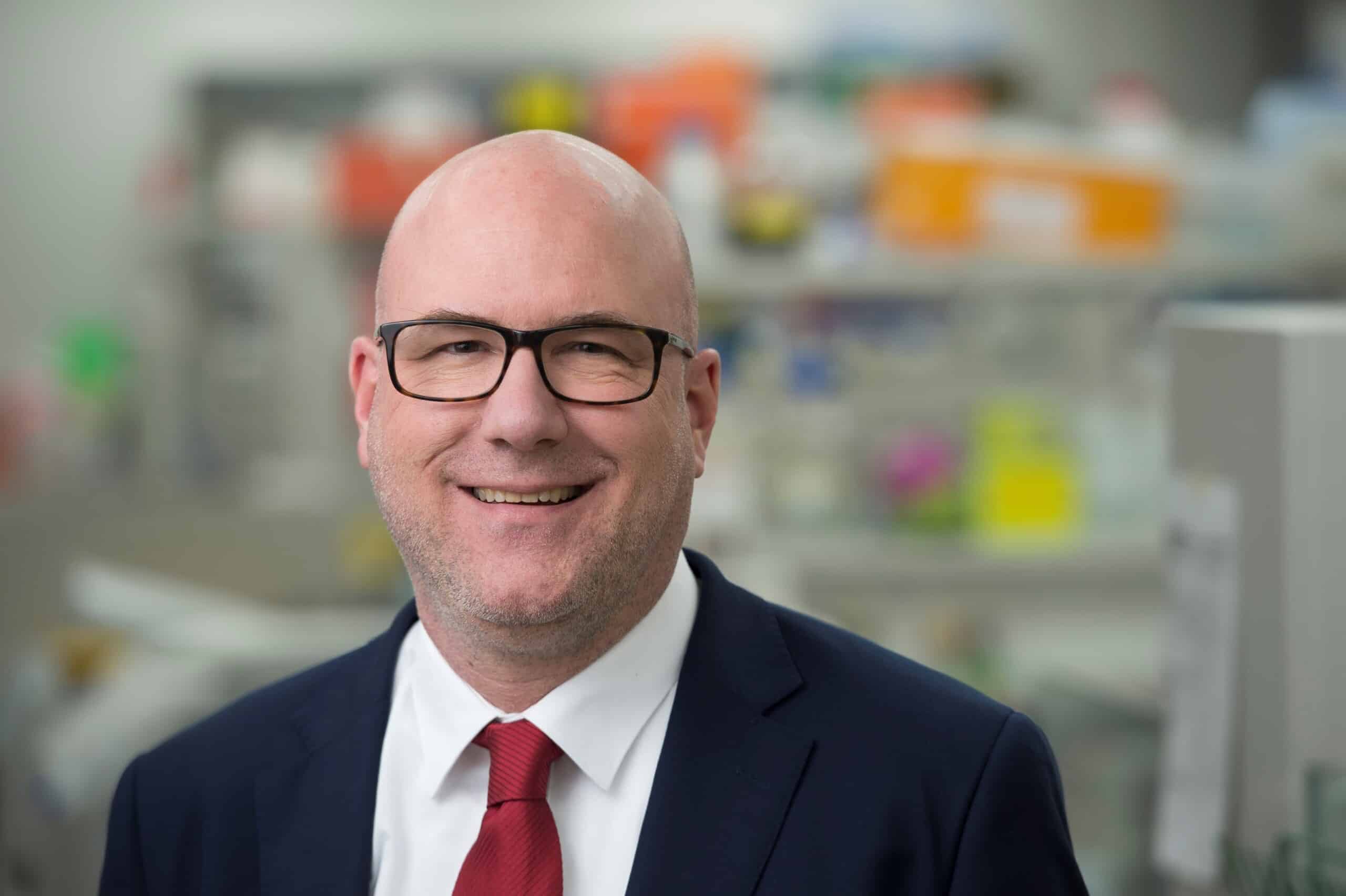
Professor Hagemeyer and his team have developed a new insulin formulation which mimics the natural action of the pancreas in regulating blood glucose levels. The new insulin formulation is known as a “glucose responsive insulin” or a “smart insulin” delivery system which could transform T1D management. JDRF funding will allow the initial manufacturing of this novel insulin and testing in preclinical T1D models.
Professor Hagemeyer and his team recently received over $750,000 from the Type 1 Diabetes Grand Challenge to progress this work. The Type 1 Diabetes Grand Challenge is a partnership between JDRF UK, Diabetes UK and Steve Morgan Foundation.
JDRF Australia has also recently funded Dr Rong Xu, an early-career researcher from Prof Hagemeyer’s team, to bring essential expertise that will enable this work to progress.
The funded project is a long-standing collaboration with other teams, including Prof Frank Caruso (The University of Melbourne) and Prof Francesca Cavalieri (University of Rome Tor Vergata), as well as Dr Rong Xu and Prof Mark Cooper (Monash University). Together, they have been working to find a cure for T1D for nearly a decade.
Our research portfolio
Groundbreaking projects like these are only possible with support from our community. The future of 130,000 Australians living with T1D and the 8 more diagnosed each day depends on it.
To get involved, donate here.
Explore all research projects that JDRF Australia funds.

